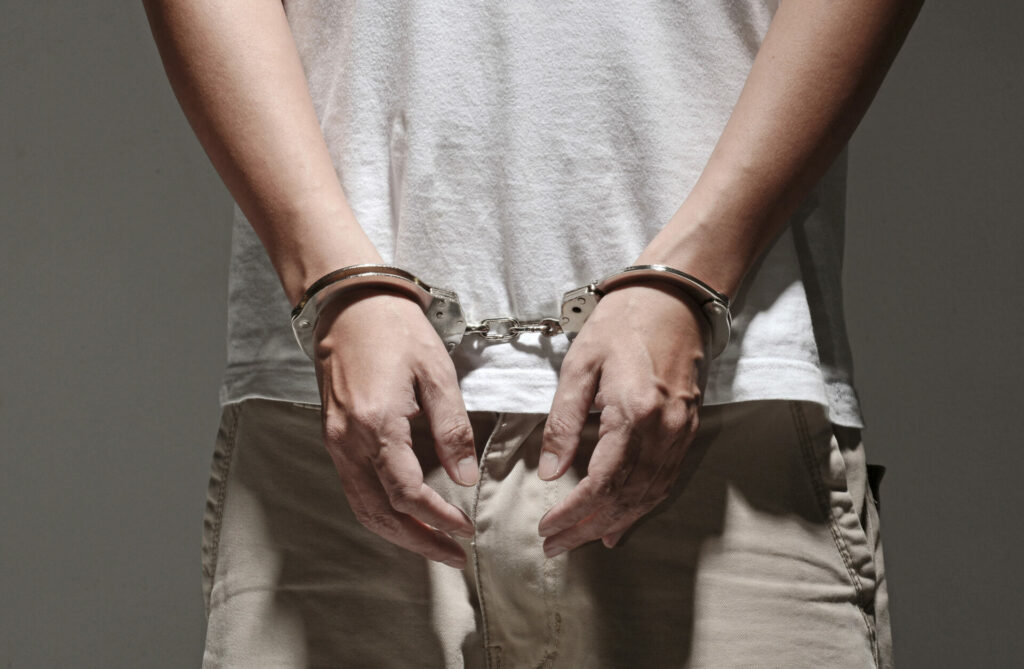
Youth Criminal Justice Act
The Youth Criminal Justice Act (YCJA) is the federal law that governs Canada’s youth justice system and applies to youth aged 12 to 17 who get into trouble with the law. The YCJA recognizes that young persons must be held accountable for criminal acts, although not in the same way or to the same extent as adults. It is in society’s interest to ensure that as many young offenders as possible are rehabilitated and become productive members of society.
Rehabilitation focus:
The juvenile justice system places a strong emphasis on rehabilitation and reform, rather than punishment. The YCJA states that youths are to be held accountable relative in proportion to the seriousness of the offence. Interventions in the juvenile justice system should aim to reinforce respect for societal values and encourage the repair of harm done. It is important that these interventions be meaningful to the offender and respect their gender, ethnic, cultural, and linguistic differences. Special consideration should be given to the needs of Aboriginal young persons and those with special requirements. By taking these factors into account, interventions can be tailored to meet the unique needs of each offender and promote their rehabilitation.
Rehabilitation process:
The rehabilitation process under Canada’s Youth Criminal Justice Act (YCJA) is designed to prioritize the rehabilitation and reintegration of young offenders into society. The key elements of this process include:
- Diversion: Where possible, young offenders may be diverted from the formal justice system and into alternative programs that focus on rehabilitation and restorative justice.
- Restorative justice: This approach seeks to repair the harm done by the offence, involve the offender in the process of repairing that harm, and involve the community in the process of repairing the harm.
- Sentencing: If a young offender is found guilty, the court must take into account their individual circumstances, including their age, maturity, and the nature of the offence. Sentences may include a range of alternatives to custody, such as probation, community service, or restitution.
- Rehabilitation programs: Young offenders may be ordered to participate in rehabilitation programs that focus on education, employment training, counselling, or substance abuse treatment.
- Community supervision: Young offenders who are released from custody may be required to comply with conditions, such as reporting to a probation officer, participating in rehabilitation programs, or avoiding contact with certain individuals.
The overall goal of the rehabilitation process under the YCJA is to help young offenders to learn from their mistakes and develop the skills and competencies they need to lead successful and law-abiding lives.
Get the help you need
We understand that if you are the parent or legal guardian of a minor who has been accused of a crime, it can be filled with anxiety, tension and questions. Our priority is you and your loved ones. It’s about helping families understand what’s coming and navigating the system to find the best possible outcome for their minor child.
But the criminal justice system does not wait. Our team of criminal lawyers are experienced and can help enforce your child’s rights.
Call us today for your free consultation so we can start your defense right away.